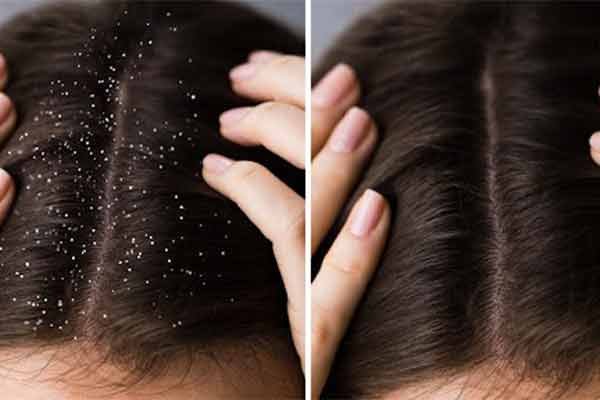Dandruff & Alopecia
Dandruff and alopecia are common scalp conditions that can have a significant impact on an individual’s self-esteem and quality of life. Understanding the causes, symptoms, and available treatments for dandruff and alopecia is crucial in managing these conditions effectively. If experiencing persistent dandruff or hair loss, it is recommended to consult with a dermatologist or healthcare professional for proper diagnosis and personalized treatment options. Remember, each individual’s situation is unique, and a tailored approach to treatment is important for successful management of dandruff and alopecia.

Dandruff and alopecia are common scalp conditions that can cause distress and affect self-confidence. While dandruff refers to flaking and itching of the scalp, alopecia refers to hair loss. In this article, we will explore the causes, symptoms, and available treatments for dandruff and alopecia.
Dandruff:
Dandruff is a chronic scalp condition characterized by excessive flaking of dead skin cells from the scalp. It is often caused by:
- Malassezia Fungus: The overgrowth of a naturally occurring fungus called Malassezia on the scalp can lead to dandruff. This fungus can cause irritation and trigger an inflammatory response.
- Seborrheic Dermatitis: This condition causes redness, itching, and flaking of the scalp due to an overproduction of oil and an inflammatory response.
- Dry Scalp: Dry skin on the scalp can lead to flaking and dandruff, particularly in individuals with dry skin overall.
Symptoms of dandruff may include:
- White or yellow flakes on the scalp and hair.
- Itchy scalp.
- Redness and irritation on the scalp.
- Oily or dry scalp, depending on the underlying cause.
Treatment for dandruff involves:
- Regularly washing the hair with a mild shampoo designed for dandruff control.
- Using anti-dandruff shampoos containing ingredients like pyrithione zinc, salicylic acid, ketoconazole, or selenium sulfide.
- Avoiding excessive use of hair products and styling tools that can irritate the scalp.
- Managing stress levels, as stress can worsen dandruff symptoms.
- Maintaining good scalp hygiene and brushing the hair regularly to remove flakes.
